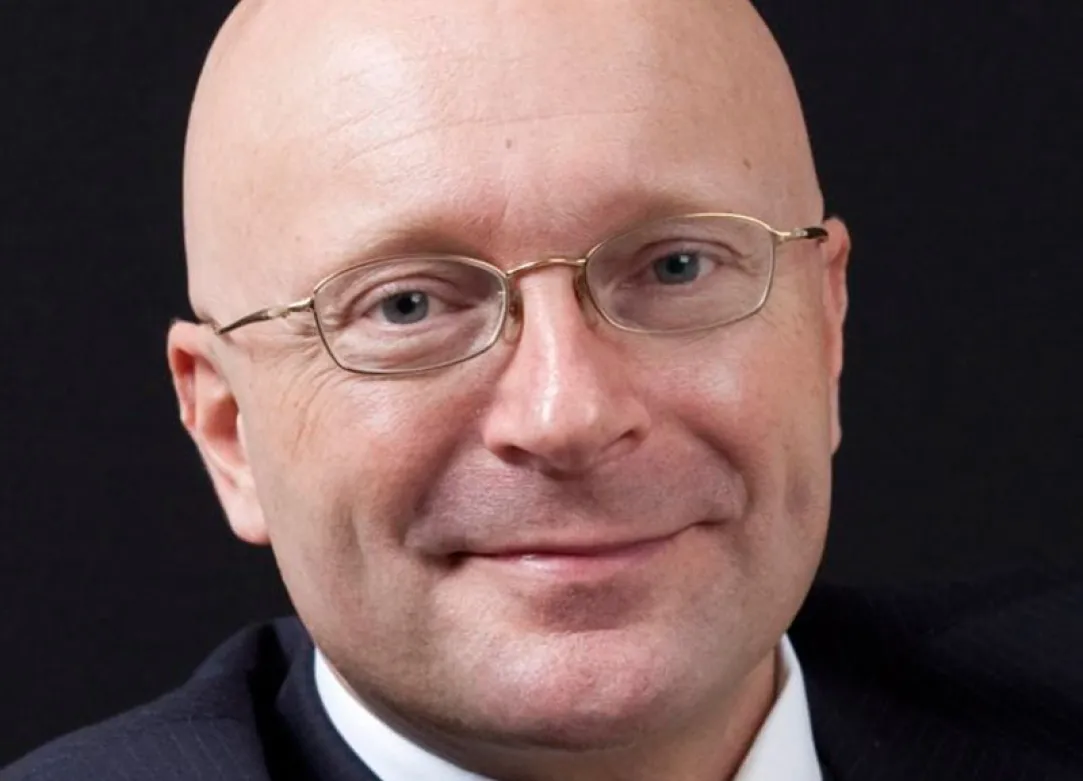Guenther Steiner is one of Formula 1’s most popular and high profile Team Principals and led the Haas F1 team from its inception in 2014 until the end of 2023. He led America’s only Formula 1 team from its launch and came to public prominence as one of the stars of the award winning Netflix series Drive to Survive. He is now an expert analyst on Formula 1 for German broadcaster RTL, French channel Canal+ and Australia’s Network 10.
Born in Merano, Italy, Steiner began his professional motor sport career in rallying, initially achieving success with Mazda before joining the independent Top Run team and later the Jolly Club organization, fielding cars including the famous Lancia Delta Integrale and Ford Escort RS Cosworth. Between 1994 and 1996 the team won consecutive Italian Rally Championship titles with Steiner in the role of Technical Manager.
A move to the Prodrive organization in Banbury, UK, saw Steiner become team manager for its Allstar Rally Team, winning the European Championship in just its first season. This led to him being invited to join Ford’s rally team, M-Sport, where he became Director of Engineering, working with World Champions Colin McRae and Carlos Sainz.
In 2002 Ford asked Steiner to move across to its Formula 1 project, Jaguar Racing. As Managing Director he took on the task of restructuring the team and in his single season with the team it scored a podium finish in Italy with driver Eddie Irvine. After a short period working with Opel, Steiner soon returned to Formula 1 with Red Bull Racing, the Austrian energy drinks company later asking him to establish its NASCAR team in the USA. This led Steiner to North Carolina, the beginning of a new chapter in his career which saw him not only establish Team Red Bull but also FibreWorks Composites, a high-tech carbon-composites design and manufacturing company which he continues to own.
Using his experience of building successful race and rally teams from scratch, Steiner de-veloped a business plan to create an American Formula 1 team, successfully attracting the backing of entrepreneur Gene Haas. The Haas F1 Team made its debut in 2016, finishing its inaugural season eighth in the constructor standings with 29 points, the most of any new team in this millennium. Since then, Haas has become firmly established as one of F1’s leading independent teams and in 2018 finished fifth in the World Championship. In 2022 Steiner’s team scored its first ever Formula 1 pole position in the hands of Danish driver Kevin Magnussen.
Meanwhile he has become both a media and fan favorite, thanks to his straight-talking style and the keen sense of humor which became evident through the Drive To Survive series. His 2023 book Survive to Drive became an instant hit and topped The Sunday Times best-seller list while in 2024 his second book, Unfiltered - My Incredible Decade in Formula 1, was well received by fans worldwide. Fluent in English, German and Italian speaker, Stei-ner is one of the most recognized and sought-after figures in Formula 1.






